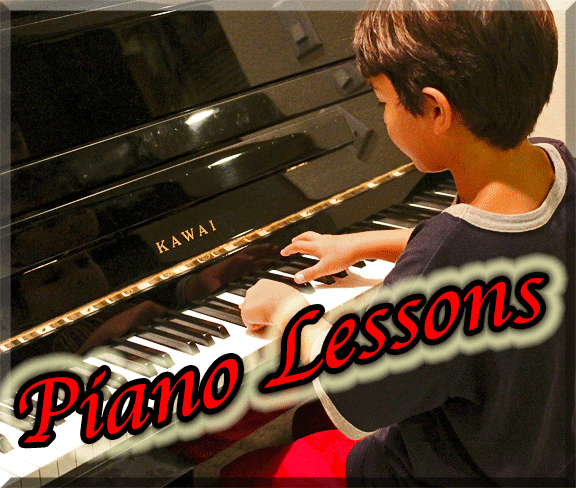Piano Lessons

When and where did Anna Daisy fall in love with music? Was it as her Papa leaned back in the wooden chair in the kitchen and found the do-me-sol of a hymn with the help of his pitch pipe and begin singing? No matter, in directing, his chair slipped and tumbled to the floor to the amusement of his children watching and listening.
Or was it when Anna Daisy, one hot summer day, was drawn to the stifling attic to find an old auto-harp and struggled to pick out a melody. Her mother saw her, with sweat pouring down her face, and a happy smile on her face.
Papa’s children enjoyed schooling in music. Two of the girls took piano lessons, and then the rest had voice lessons. Papa had one of the hand-cranked Victrola’s in his parlor. When I visited, I listened in awe to the music that poured out. Papa directed the small church choir with finesse. Anna’s goal was to play the piano and accompany Papa’s choir.
As I grew up, my Mother gave my brothers and me piano lessons. Then Papa came to visit, and I played for him. Did he sit in a chair and listen? No, Grandpa stood behind me with his hand on my shoulder and patted the time, and I felt it. Later, when I told Mother, she said he did the same to me. When I learned about accelerando and ritardando, I wondered if Papa knew.
One of Mother’s first piano recitals for other students besides her three children began. My little brother, Gene, played beautifully, except at the repeat sign, he patiently continued to repeat over and over. Finally, he quit. I asked him why he didn’t play the end and his reply? “I couldn’t find it!”
After reading Mother’s family story, The Lines Are Fallen by Anna Daisy Siemens (republished by her granddaughter, Anna K Payne) I learned about the family musical heritage in Chapter 3, pages 18-19.
When a student in a class in Music Theory and Sight Reading answered roll with their singing voice – Soprano, Alto, Tenor, or Bass One student answered – Monotone. His last name? Suderman. The professor threw down his pencil, “That is impossible! A Suderman can always sing!” He continued, Your Grandfather Suderman, Jacob, was a Music Meister in the old country. Each year they enjoyed a festival where every village competed for honors with new songs. Your Grandfather wrote a song for the contest. One evening he traveled to a neighboring small town to the rehearsal hall and listened. In the darkness, he copied words and music of the song they rehearsed. Jacob Suderman taught this song to his choir. At the festival, the choir of Jacob Suderman sang the stolen song. There was an uproar. Jacob Suderman apologized and sang the choir sang their song. You are a descendant of this great musician. Gerhard, the Papa to Anna Daisy, is the son of Jacob Suderman. She spent her life sharing her love of piano playing through giving lessons, playing for church services, weddings and funerals and worshiping God.
As you read her poem, you will know music was a natural language for her. Her advice to her students began with, “Pray before you play!” Her piano bench became a podium for teaching more than piano playing. Praising God through music was Anna Daisy’s ultimate joy.
Psalm 100:1, 5 – Shout with joy to the Lord, all the earth! For the Lord is good. His unfailing love continues forever, and his faithfulness continues to each generation.
Piano Lessons
Greetings to my lowly mansion
Where piano sounds abound;
Where eager hands and smiling faces
Wait to make their weekly round.
Hurrying through my daily chores,
I cook some food and clean my home,
So I can sit with poised, red pencil
Right beside my metronome.
I count for Richard, Sue, and Charley,
Delighted when they make a star;
Praising, scolding, and assigning,
Urging them to go ‘so far.’
When they fail to give me notice,
At their hour, they do not show,
I say, “I guess I’ll have to charge them.
They really ought to let me know.”
But most of them are very eager
To show just what their fingers do
In scales and those arpeggios;
We hope you’ll be delighted, too.
Make room for daily practice sessions,
Beyond grade two, an hour a day;
Then you won’t waste my precious time
Or throw your hard-earned cash away.
At times the progress seems too slow,
You think: They haven’t learned one thing!
But just you wait…you’ll strut and preen
At recital time next spring.
Comments? eacombs@att.net

